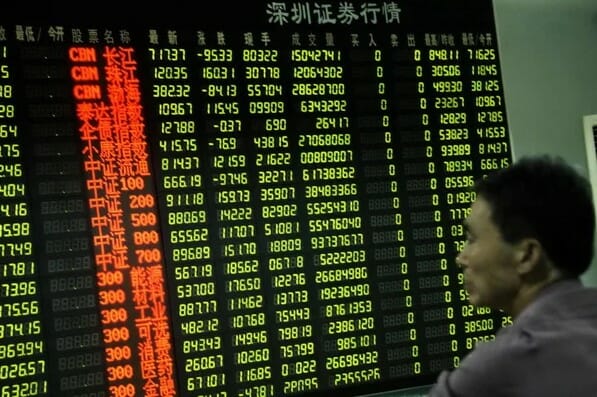In Malaysia, market performance was weak over the week, primarily due to a combination of regional weakness on interest rate hike fears and China’s disappointing economic data weighed on sentiment, said Principal in the Weekly Market Recap Report.
Regionally, Asia experienced a mixed performance over the week, with China onshore and Taiwan markets experiencing losses, while Japan and India led the gains.
Reports showed that the official manufacturing PMI for China rose to 49.0 in June, an improvement from May’s 48.8, while non-manufacturing PMI fell to 53.2 in June from May’s 54.5.
In other news, domestic consumption during the three-day Dragon Boat Festival holiday showed some improvement but fell short of pre pandemic levels.
The global financial markets recorded a solid performance over the week. Developed markets, in particular the United States (US), Europe, and Japan, recorded positive gains.
“In the US, the Commerce Department reported a slight increase in the personal consumption expenditure price index for May, bringing its year-over-year increase to its lowest level since April 2021 at 3.8%,” said Principal.
The core personal consumption expenditure index, which the US Federal Reserve (Fed) considers its preferred inflation gauge and excludes food and energy, also showed a decrease from the previous month. This helped to calm fears of a reacceleration in prices, although it still remains above the Fed’s target.
The annual inflation in Europe slowed for a third consecutive month in June, dropping to 5.5% from 6.1% in May, lower than the 5.6% forecast by economists polled by FactSet.
The initial estimate from the EU’s statistics office also showed that core inflation, excluding energy, food, alcohol, and tobacco prices, increased slightly from 5.3% to 5.4%.
Towards the bond market, the yield on the benchmark 10-year U.S. Treasury note increased slightly over the week, possibly due to improvement in broad risk-on sentiment in the equity market.
“Our current stance is neutral on both equity and fixed income, with a preference for income-focused funds. Our strategy emphasises quality, growth, and income in stocks and credits. We are exercising caution with USD assets, particularly in the technology sector, and believe that Asian equities and fixed income present more value in the short term,” said Principal.
On Fixed Income, Principal finds bonds appealing as they perceive a higher likelihood that central bank hiking cycles will end soon, despite recent guidance from the Fed.
Principal also sees potential for capital gains in the event of weaker economic growth. Therefore, they maintained their preference for investment grade bonds with longer durations as their preferred investment choice.
On equities, Principal favours quality and dividend-paying stocks for their defensive qualities that can help withstand the uncertain macroeconomic and geopolitical conditions.
“We are positive on Asia and positioned in the areas of the bottoming of the tech hardware cycle, long term growth headroom from low penetration rates, ASEAN continuing to provide a combination of recovery plays and long-term structural themes, and China’s reopening, although we are judicious in which areas,” said Principal.
Principal also favours an income-focused approach to ride out volatilities arising from geopolitical tensions, inflationary issues, and recessionary concerns.









